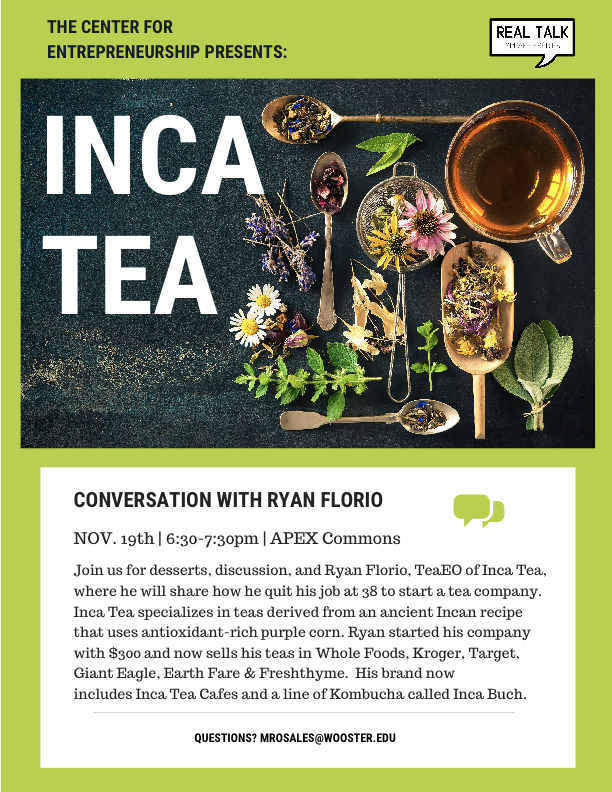Today’s class started off with a couple of announcements. First, on Tuesday at 11am in Kauke Tower, PAT (Pi Alpha Theta) presents the History APEX Fellows. This will allow students to learn about paid opportunities for experiential learning using history skills. Second, Professor Holt wanted to congratulate the class on doing a great job on their Wikipedia articles. Also, your self-evaluation for participation is on Moodle and must be completed. There will be no class on Friday, so students should use this time to continue studying for the final exam. Lastly, the course evaluation is due Friday. If 90% or more are completed, Professor Holt will provide an extra point for everyone’s exams.
After the announcements, Professor Holt asked the class if they have any questions about the final exam. Some quality questions were asked by the students, while Professor Holt also provided the students with information regarding a question she received by email. The question was asked on how to approach the essay question(s). Professor Holt made it clear that you can be “contemporary” in your introduction and conclusion, but your body paragraphs should be specific and contain most of the work in the essay. After discussing the final exam, Alvaro presented us with “Latin America in the News.” His article was about the series of mass protests happening in Colombia. According to Alvaro’s article, the protests started because of the want and need for tax reforms under Ivan Duque’s “moderately conservative” government. After “L.A. in the News,” the class broke up into small groups to discuss the HAP for the day. The class concluded on Professor Holt discussing the HAP and its connection to the class.
There were four historical questions discussed in class. The first question discusses what “new social movements” are? Second, how does this help us understand political activism in Latin America? Third, how revolutionary are these movements and why? Lastly, how can historians evaluate their effectiveness?
The literary work for the day’s HAP was Becker’s “Twentieth Century Social Movements,” specifically chapter ten and eleven. The chapters discussed specific examples of new social movements that have existed since the beginning of the twentieth century. The book discusses social movements that have existed in Latin America throughout history and these chapters connect with the prior movements in some ways, but are unique and original in other ways.
Towards the end of class, we looked over graphs that show the gini coefficient of countries in Latin America. The graph is titled “Comparing Sub-Regional Progress Over Time” and it looks at the gini coefficient from 1993-2013.
The Graph We Looked at During Class:
KH posting for SL (technological difficulties)

